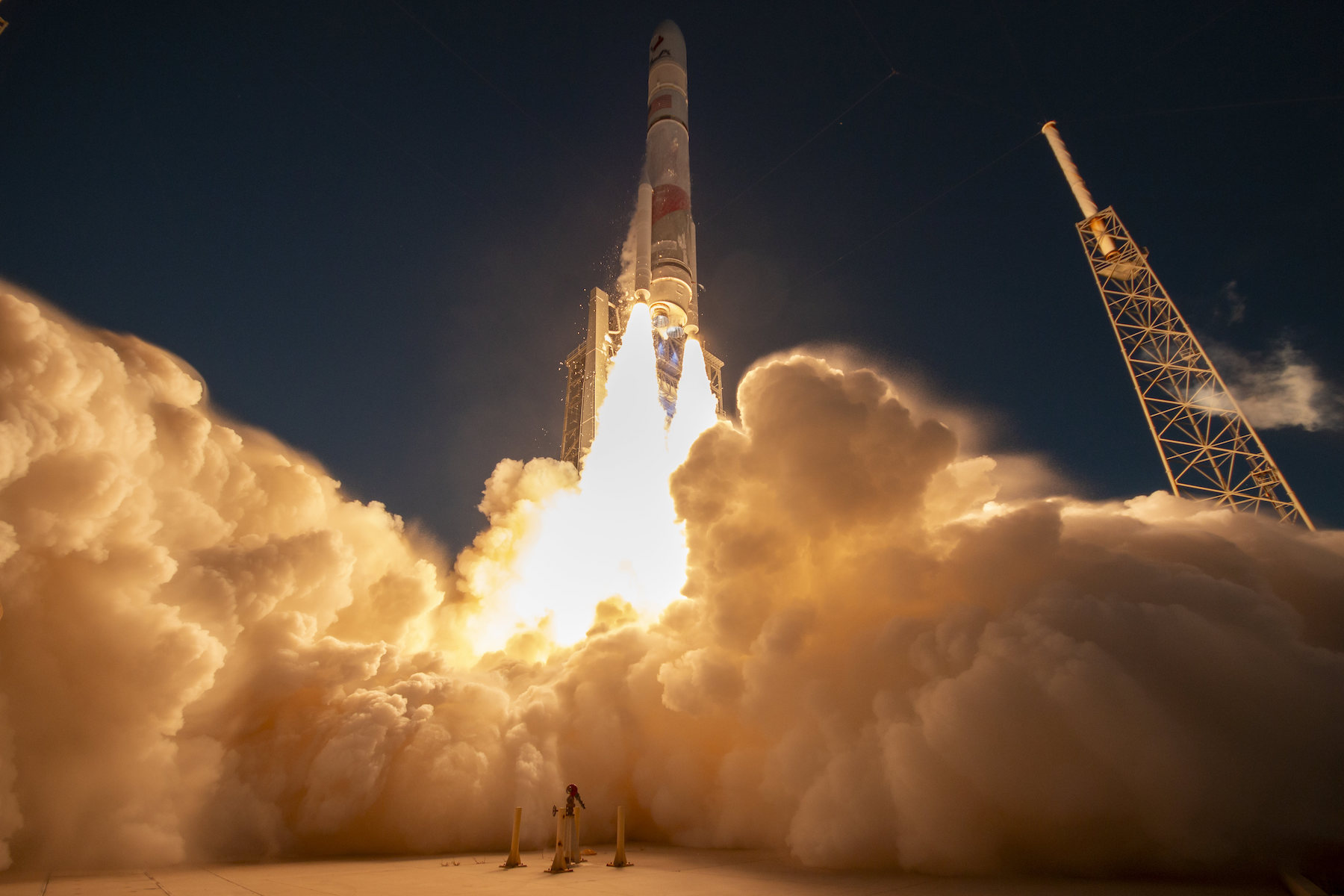How Did The Vulcan Rocket Survive This Booster Failure?

Scott Manley discussed a recent launch of the Vulcan rocket by ULA (United Launch Alliance). The launch was scheduled to carry Sierra’s Dreamchaser, but due to scheduling issues, the rocket carried a mass simulator instead of a live payload.
### **Vulcan Rocket Technical Information:**
– **Engines:** The Vulcan rocket is powered by two BE-4 engines, developed by Blue Origin, along with two additional solid GEM-63XL engines from Northrop Grumman. These engines are designed to provide optimal power and acceleration for the rocket.

### **Launch Events:**
– **Launch Phase:** The rocket launched and performed well during the initial stages. However, during the flight, there were some signs of anomalies in the exhaust.
– **Anomaly Detection:** Manley noted that there was a difference in the exhaust, with the right solid engine showing a wider exhaust. This indicated that the engine had lost power, causing the core engine to adjust its nozzles to maintain stability. The onboard navigation software automatically adjusted to compensate for this loss of power.
### **Results and Analysis:**
– **Entering Space:** Despite the problem, the rocket still achieved enough speed to enter space and eventually entered a stable orbit. However, some potential signs of a malfunction appeared in the form of debris and condensation around the exhaust.
– **Further Exploration:** Upon closer inspection, Manley discovered that the nozzle of the failed solid engine may have been damaged, ejecting debris without damaging the core engines. This did not cause serious damage, but raised concerns about the reliability of solid engines.
### **Conclusion and Future Directions:**
– **Challenges:** The GEM-63XL engines are designed to handle increased power, but this incident has raised questions about their reliability. ULA has acknowledged that while the orbit achieved was standard, an investigation into the incident is necessary.
– **ULA Response:** ULA’s CEO has emphasized that they will conduct a full investigation into the incident. Northrop Grumman will also need to review all existing engines to ensure that no other engines have experienced similar failures.
Overall, although the Vulcan rocket completed its mission, understanding this incident is important to improve reliability for future launches and maintain ULA’s reputation in the space industry.








